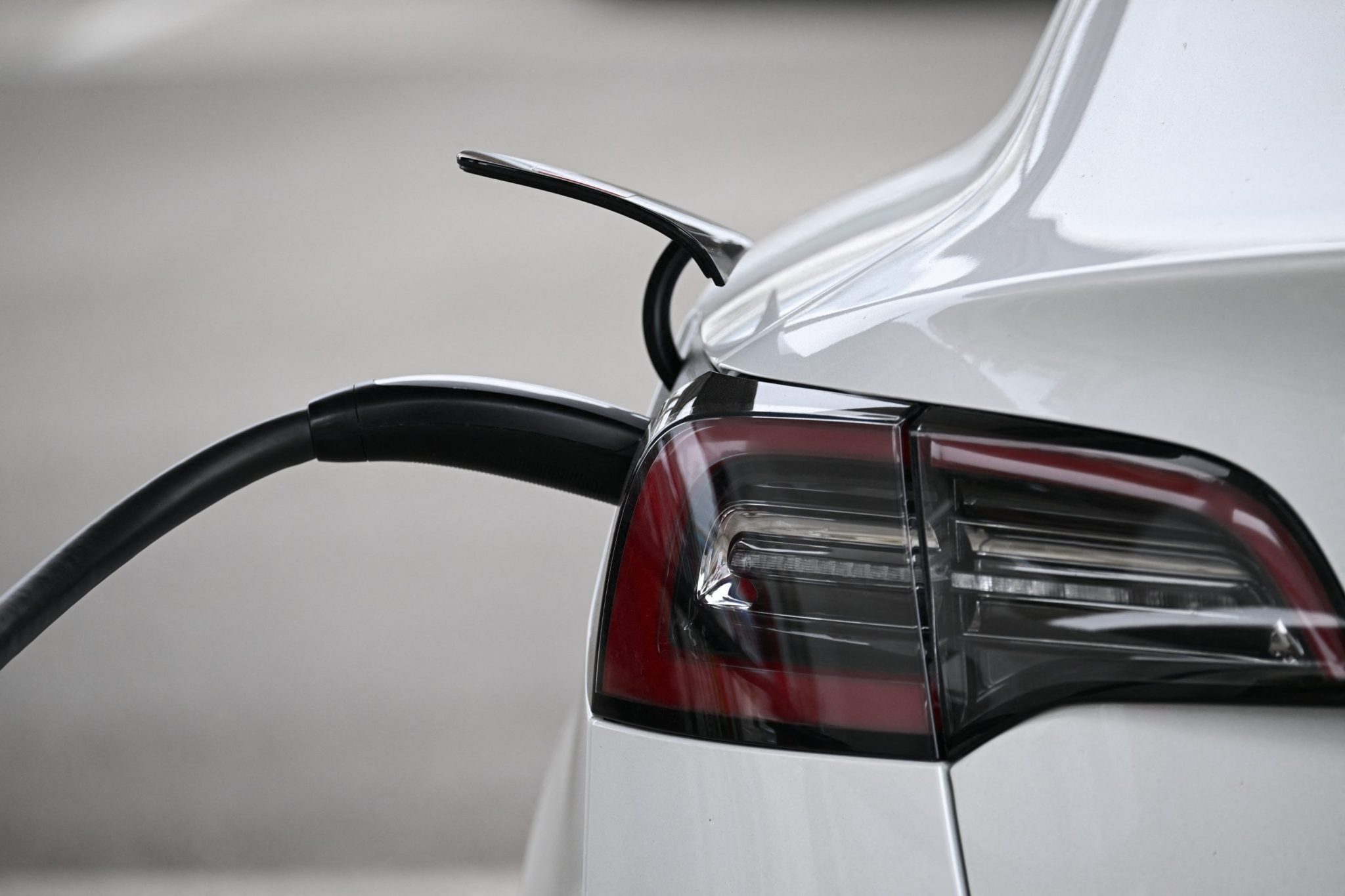A few weeks after an election win, the Trump transition team’s plan to kill the $7,500 consumer tax credit on EVs has already surfaced. Although this type of climate-focused subsidy cut was widely rumored, the news still sent Tesla and Rivian shares lower. It’s a critical inflection point for the climate tech sector, which must evolve quickly from being subsidy-dependent to delivering standalone business value.
Moving forward, solutions need to be better, cheaper, or lighter—not just greener. While some will view this change as a significant setback for climate initiatives, it may actually make the next wave of climate tech startups more resilient than zero-interest-rates-era peers or those from the cleantech boom that initially catalyzed the industry. After all, the first solar energy bubble exploded because it had always been on shaky territory, almost solely propped up by government subsidies.
The change of tone on who pays for the climate transition echoed globally at COP 29 in Baku. With a Trump administration likely to take the U.S. out of the Paris Climate Accords, developing nations are anxious about who will provide their climate aid. It’s increasingly likely that donor nations will decrease climate funds in the form of foreign aid and increase funding from the private sector.
For investors like me, this means looking at the market through a new lens. Climate solutions such as synthetic fuels, which are derived from non-petroleum sources, are certainly not in the picture as they are majorly reliant on tax subsidies. Meanwhile, software or platform-based climate tech startups providing services ranging from climate risk ratings to carbon accounting will now be evaluated solely as SaaS businesses, which have seen median revenue multiples drop from 19.4x in 2021 to around 6x today.
This doesn’t mean that investment in deep tech-related physics and chemistry innovations that can help address our climate crisis is dead. We still haven’t deployed 90% of the climate innovations needed to get to net zero. However, it does mean a return to looking at fundamentals. Startups must move quicker from research to commercialization, lean into lean manufacturing, and use the power of both AI and robotics in automation—all with an eye toward bringing cheaper solutions with real business ROI to market faster.
Searching for innovations that deliver EV affordability
One might wonder why the Trump administration, which has heavily…
Click Here to Read the Full Original Article at Fortune | FORTUNE…


